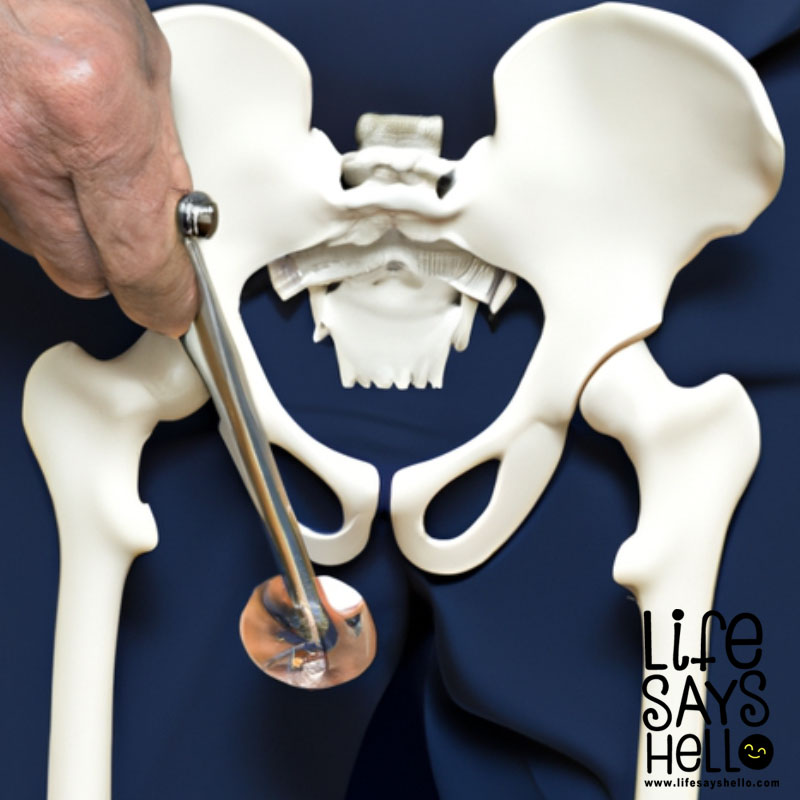Why Are Dental Implants So Expensive: A Comprehensive Guide

Dental implants are a popular option for people who have missing teeth or are looking for ways to improve their smile. However, they are often discouraged by the cost of dental implants. While dental implants may seem expensive, they offer many benefits that other dental procedures cannot provide.
In this article, we will explore why dental implants are so costly and what makes them unique among other dental procedures.
What are Dental Implants?
Before we discuss the cost of dental implants, let us first understand what they are. Dental implants are artificial tooth roots that are surgically implanted into the jawbone to replace missing teeth. They are made of biocompatible materials such as titanium, which is resistant to corrosion and safe for human use. Dental implants are designed to fuse with the jawbone over time, providing a stable and secure foundation for dental restorations such as crowns, bridges, and dentures.
How much do Dental Implants Cost?
The cost of dental implants varies depending on several factors, such as:
- The number of teeth that need to be replaced
- The type of implant used
- The complexity of the implant procedure
- The geographic location of the dental clinic
- The expertise of the dental implant specialist
On average, a single dental implant can cost between $3,000 and $4,500. This cost does not include additional procedures such as bone grafting, which may be necessary to prepare the jawbone for the implant. The cost of dental implants can be a significant investment for many people, but they offer a long-term solution to missing teeth in a way that other dental procedures cannot provide.
Why are Dental Implants so Expensive?
There are several reasons why dental implants are more expensive than other dental procedures. Let us take a closer look at each of these factors.
Materials Used in Dental Implants
Dental implants are made of high-quality, biocompatible materials that are safe for human use. These materials are also costly to produce. For instance, the titanium used in dental implants is produced through a complex and expensive process that ensures its purity and resistance to corrosion.
Specialized Equipment and Techniques
Dental implant procedures require specialized equipment and techniques that are not found in most dental clinics. Dentists who specialize in dental implants undergo extensive training and must invest in specialized equipment to perform the procedures correctly. This includes the use of imaging technology such as CT scans to plan and place the implant precisely.
Expertise of Dental Implant Specialists
Dental implant specialists are highly trained professionals who undergo several years of additional education and training to perform these procedures. The knowledge and expertise required to plan and place dental implants require a considerable investment of time and effort. This investment is reflected in the cost of the procedure.
Follow-up Procedures and Maintenance
Dental implant procedures do not end after the implant is placed. Patients must return for follow-up procedures such as abutment and crown placement, which can add to the overall cost. Additionally, regular maintenance and checkups are necessary to ensure the long-term success of the dental implant.
Alternatives to Dental Implants
While dental implants offer many benefits, they may not be the best option for everyone. Alternative dental procedures such as dentures and bridges may be more cost-effective for people with missing teeth. However, these procedures offer fewer benefits and may require more frequent replacements over time.
Conclusion
Dental implants are a valuable option for people with missing teeth or other dental issues. While they may seem expensive, the benefits they provide make them a sound investment in many cases. The cost of dental implants is due to several factors, including the high-quality materials used, specialized equipment and techniques required, the expertise of dental implant specialists, and follow-up procedures and maintenance.
If you are considering dental implants, it is essential to work with a qualified dental implant specialist to ensure the best possible outcome.




Comments